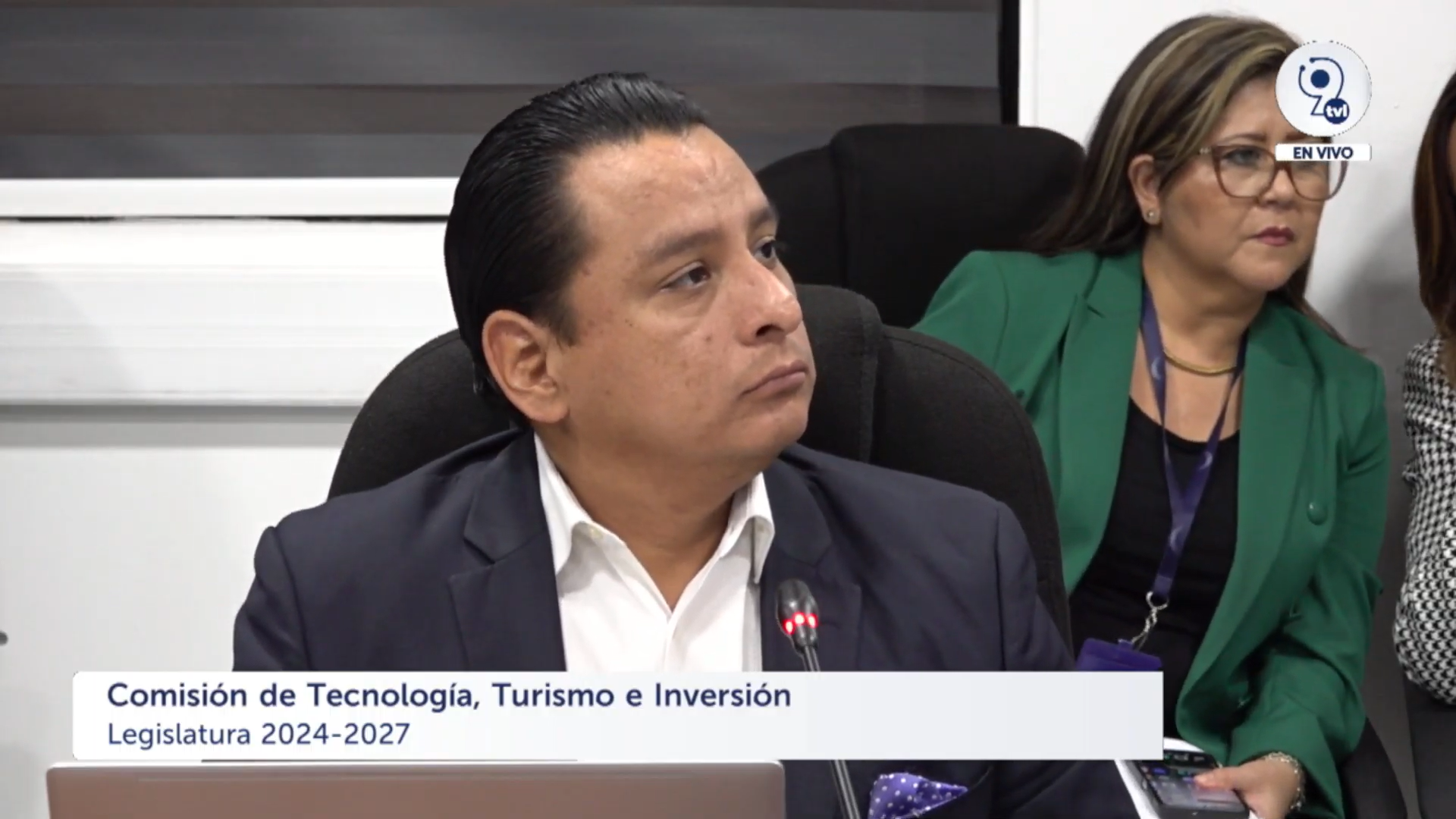The Secretary Director of the National Commission of Digital Assets (CNAD), Miguel Eduardo Serafín, attended the Technology, Tourism, and Investment Committee of the Legislative Assembly on Friday, June 28, to provide technical opinions supporting the process of reforming the Banking Law. This reform will enable the creation of Private Investment Banks (BPI) and promote the establishment of a new type of financial industry in the country.
Mr. Serafín explained that BPIs will be a new investment mechanism, offering a financial alternative that will provide opportunities to position El Salvador as an attractive destination for investors and large capitals. Another highlighted benefit is the efficient channeling of financial resources towards business and government projects, contributing to national wealth growth. Additionally, the reform that allows for the creation of BPIs will generate greater regulatory development, strengthen El Salvador’s financial system, enhance the country’s international competitiveness, and ensure an appropriate regulatory framework for supervising these economic agents.
Accompanied by the Legal Director of the Commission, Carlos Aguilar, and the Director of Regulation and Supervision, Juan Hidalgo, our Secretary Director addressed and answered questions from committee members, who were interested in the benefits this activity would bring to the national economy. He added that the creation of BPIs will strengthen investment channels and be key to identifying new opportunities for the growth of the digital asset ecosystem and leveraging emerging opportunities.
El Salvador has established itself globally as a leader and reference in the development of the digital economy. International actors are already interested in the new opportunities the country is generating, making initiatives like this crucial for maintaining a competitive edge in this field against other nations.
The Government of the Republic has proposed a project to the Legislative Assembly to reform the Banking Law by incorporating a Title Sixth-Bis and a new Article 183-A, which will establish private investment banks as variable capital corporations domiciled in El Salvador to conduct financial intermediation activities in the country. Some of the active and passive operations they may perform include risk management, financial product administration, investments, loans, and other financial derivatives.
The reform aims to develop a regulatory framework that promotes and facilitates the establishment and operation of private investment banking in El Salvador, contributing to economic growth, strengthening the financial system, and fostering the country’s international competitiveness. According to the reform project, private investment banks will be regulated by the Central Reserve Bank of El Salvador, which will have the authority to develop the relevant technical regulations applicable to these new economic agents.


